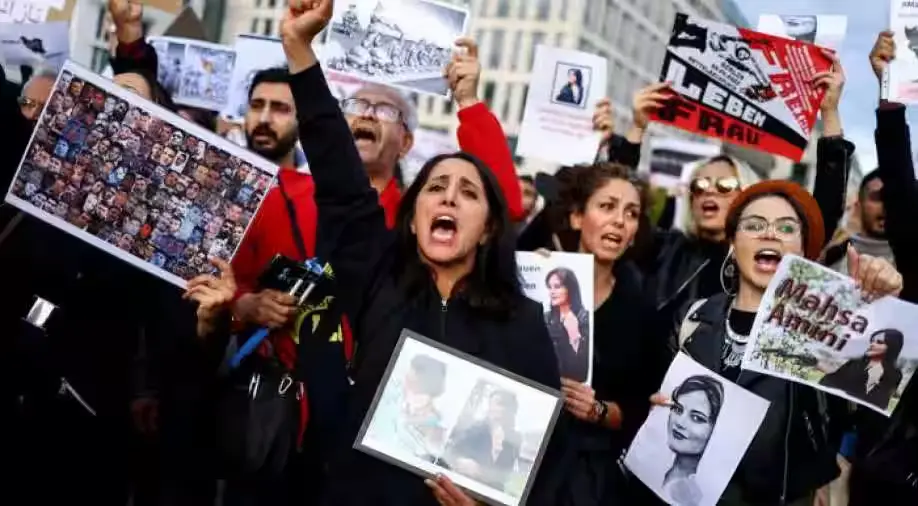The parliament in Iran has approved new legislation imposing severe penalties on women found in violation of the country’s hijab rules. The “hijab bill,” set for a three-year trial period, enforces stricter regulations on clothing, with penalties of up to 10 years in prison for violations.
This move follows the death of Mahsa Amini, a 22-year-old Kurdish-Iranian woman. Mahsa died in September the previous year after being detained by Iran’s morality police for allegedly not adhering to the conservative dress code.

The bill outlines penalties for both women and men, targeting those not properly wearing hijabs or wearing revealing clothing. The fines, gradually increasing for repeat offenses. Furthermore, the bill extends its reach to celebrities, businesses, mannequins, toys, and more, enforcing compliance with the conservative dress code.
The Guardian Council, which oversees legislative matters in Iran, is yet to approve the bill before it can become law. Critics have pointed out ambiguities in the legislation, such as the lack of a clear definition for “semi-naked” in public. A crime punishable by a prison sentence between five to 10 years.

Also Read:
Taliban Bans Women From Visiting National Park in Afghanistan
Afghanistan: 2 Years Into the Deadly Taliban Rule
Human rights advocates have widely condemned the bill, with UN experts stating that it could amount to “gender apartheid.” The draft law, consisting of 70 articles, proposes the use of artificial intelligence to identify dress code violators. The penalties are perceived as an attempt by the regime to reassert its authority by controlling women’s attire despite the mass protests of the previous year.
Subscribe to Switch TV for more content.
The wearing of a hijab has been compulsory for women in Iran since 1983. The new law significantly escalates fines, potentially amounting to three months’ worth of business profit for non-compliant business owners. It also mandates broader gender segregation in universities and public spaces, further reinforcing conservative policies within the nation.













